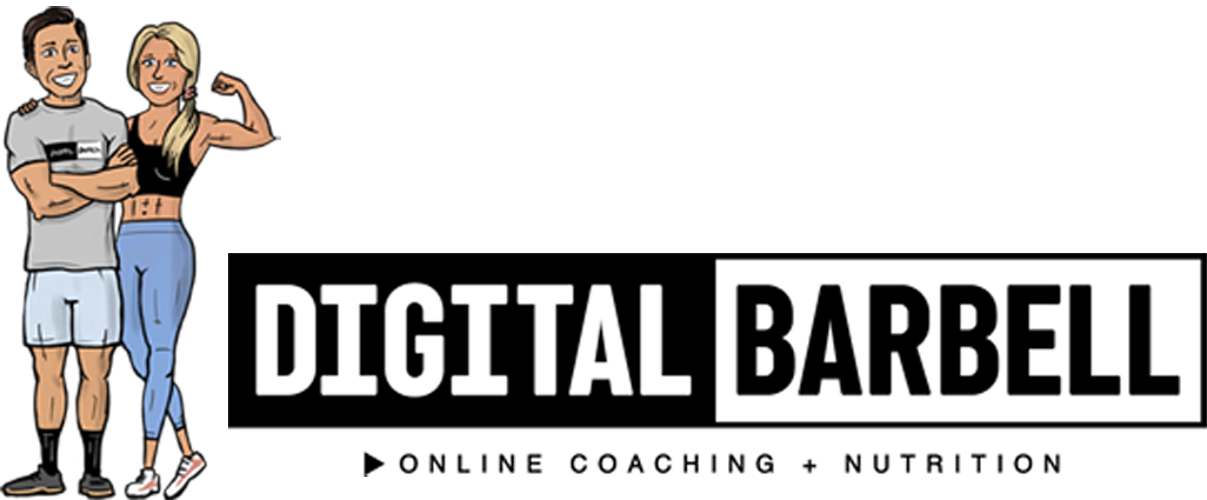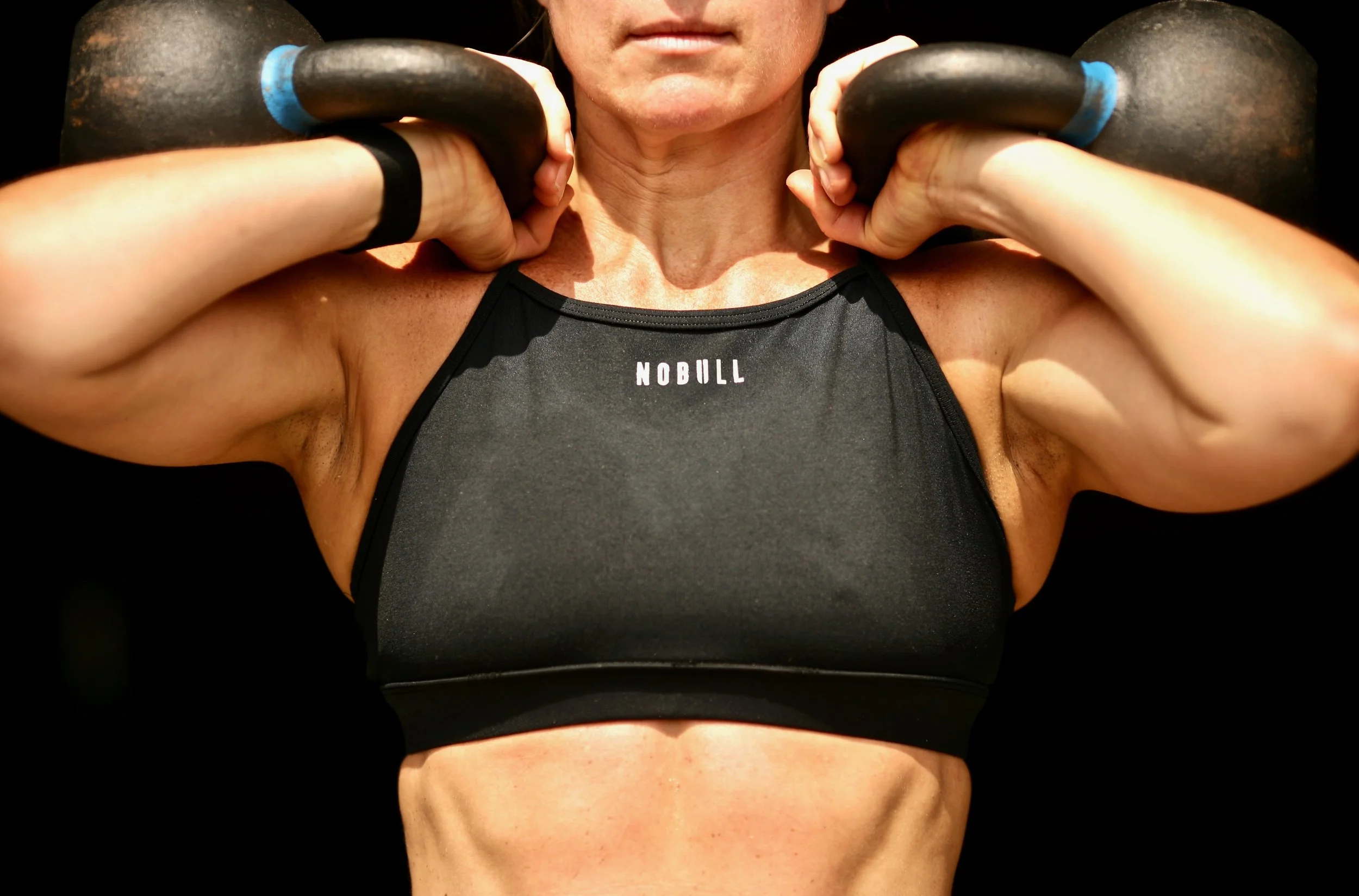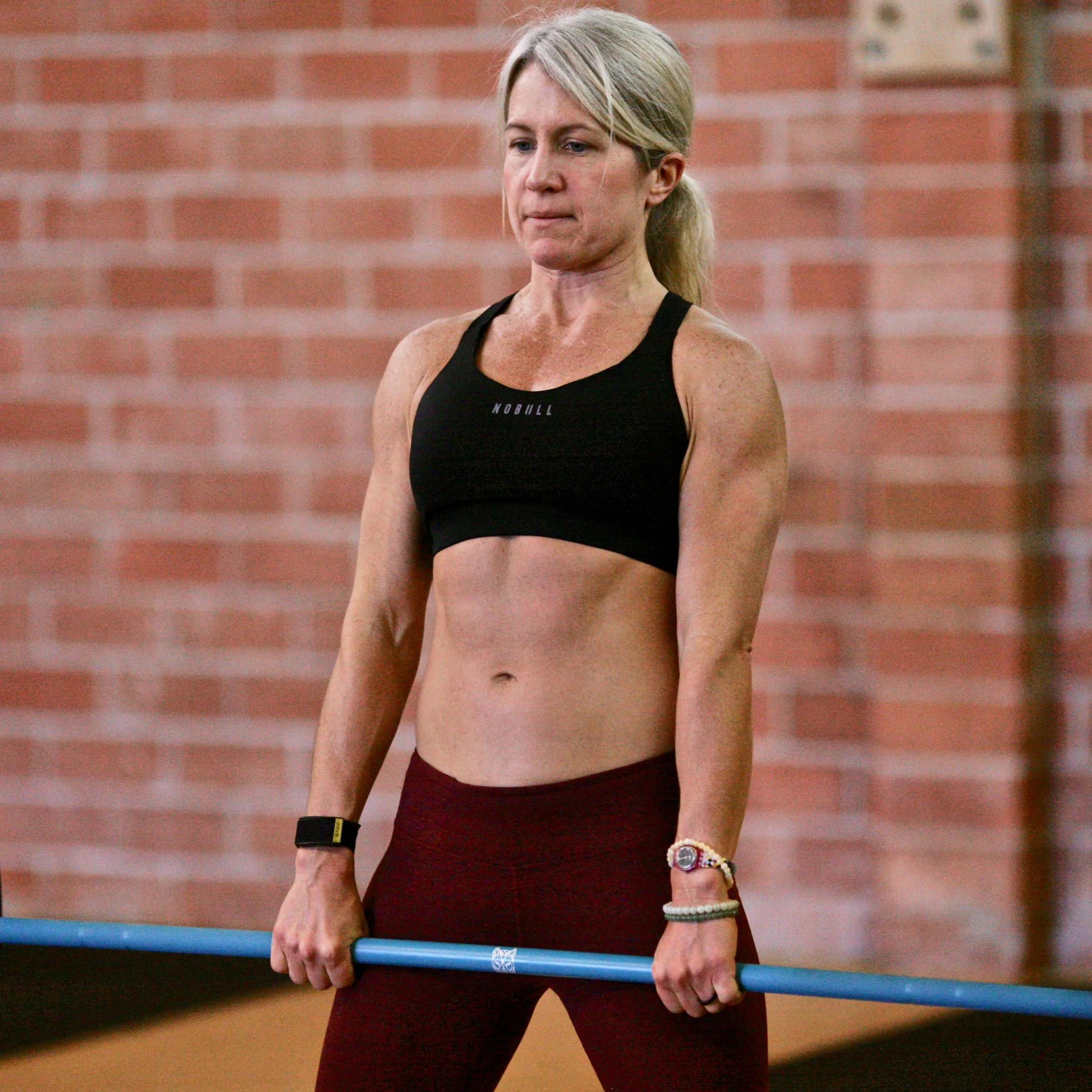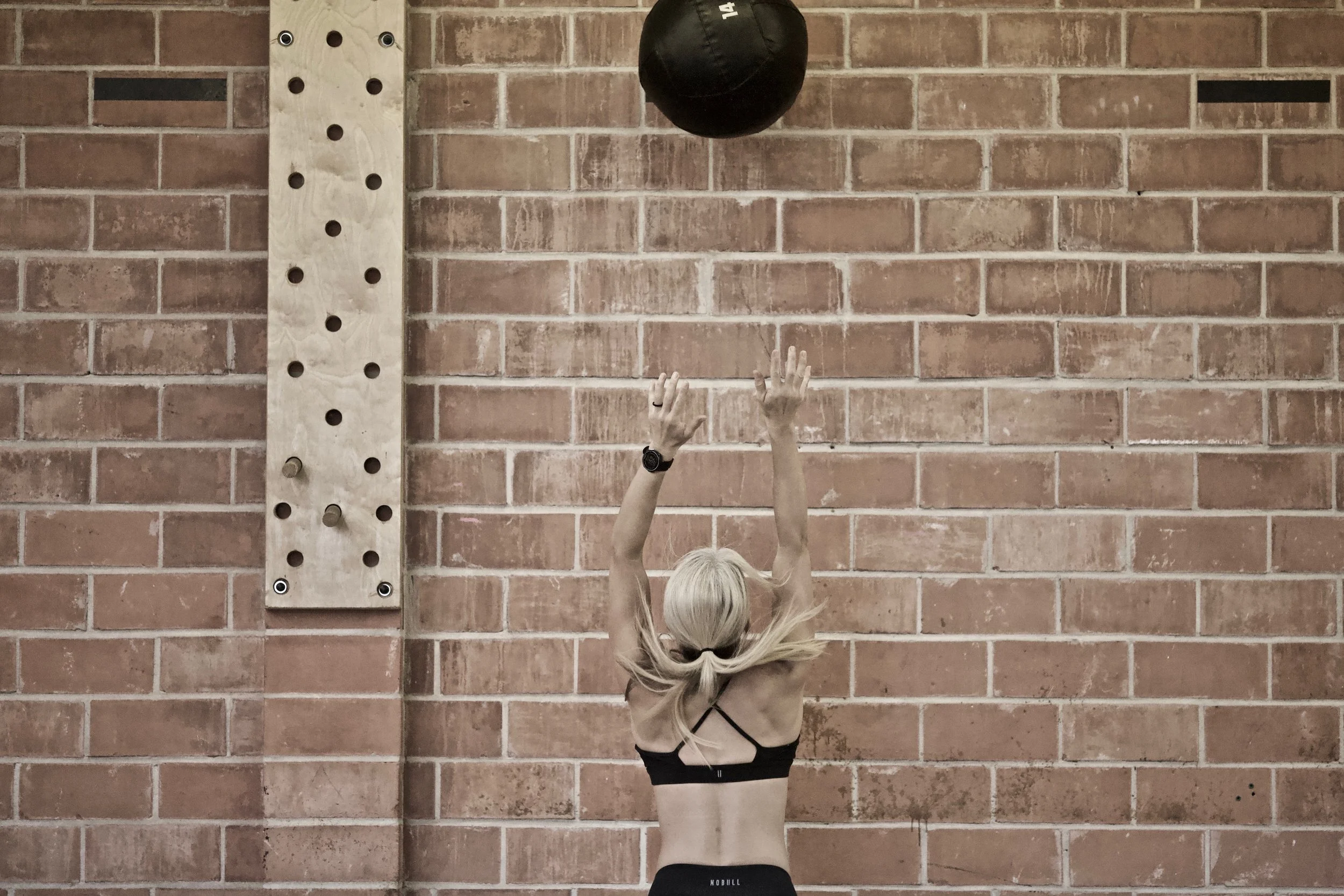
FREE CONTENT
TRAINING | NUTRITION | MINDSET
FOOD GOES IN AND THEN…
Last week we defined FOOD and it wasn’t as simple as you thought. We learned that food is our energy source, it is our medicine, it is information to our body and it is a way in which we communicate our culture and love to others. In the end we learned that FOOD MATTERS. The food we eat matters to our bodies and should matter to you.
This week, let’s continue down that path and begin to discuss how our body uses the food we eat.
WHAT IS FOOD?
That may seem like a silly question, but thinking about what food is and what it does for our bodies can help you begin to understand why what we eat matters so much.
So then, what is food?
Food is our energy source. The nutrients we eat are digested and absorbed and then screened by the liver to decide what needs to be done with them. We can use them right away for energy, store them for use later, or excrete them.
CALORIES MATTER
We've spent a lot of time recently talking about dietary fat and the other macronutrients. The reason we spend so much time on these basics is because so many people can get so close to their goals just by staying consistent with the basics.
The fact is that fad diets aren't a good long term solution.
"Diets" have a success rate of less than 5% over the span of 3 years! Think about that for a minute before you sign up for a 30 day challenge or start a super restrictive diet. Not only do most people regain the weight that they lost after a diet, they gain more back.
You should eat a low-fat diet. Here’s why.
High fat, low fat, high carb, low carb, keto, vegan, paleo oh my! It is the Wild West out there when it comes to how many different options are out there to lose weight and be healthy. It can be overwhelming to try and figure out what’s good, what’s bad, what’s real and what’s marketing nonsense. It’s almost enough to just make you want to do nothing at all!
Since high fat diets are all the rage right now, I think it’s important for us to address them and to make our case for the “low-fat” approach that we take with many of our nutrition clients.
How Often Should You Eat Protein?
Most everyone can make AMAZING progress just by nailing the basics of energy balance (calories in VS calories out), focusing on drinking enough water, eating whole foods, getting enough sleep and focusing on the right macronutrient breakdown.
However, there is a time and a place for “getting into the weeds”. Let’s talk today about optimal protein intake timing.
WHY FOOD MATTERS
We talk a lot at Digital Barbell about food being our fuel or energy source. Just like gasoline fuels our cars to run, food fuels our bodies to run and gives us the energy that we need for all of our actions and activities. We may need this energy to take our kids to school, get groceries, cook dinner and put everyone to bed and we may also need this energy to hit the gym for an hour in-between all of this work.
To give you a bit better of an idea how the different energy systems work AND so that you’ll understand why we say what you eat matters… let’s dive in.
HOW MUCH TO ADJUST YOUR INTAKE
Whether you’re trying to gain or lose weight, you’re going to have to eventually make adjustments to your food intake to keep making progress. Your body will adapt over time to what it’s given, so to keep progress moving you’ll have to increase or decrease your food (macros) along the way.
We are always after the “minimum effective dose” with our clients, and that is what we recommend to you.
PEANUT BUTTER POWDER 101
Today we are discussing peanut butter powder and how it compares to regular peanut butter along with how to make it, how to use it… and why.
So sit back and enjoy the sweet sights and sounds of Jonathan making a serving of powdered peanut butter.
How Does Macronutrient Breakdown Affect Body Composition?
When you're talking about weight loss or weight gain you cannot ignore calories. Calories in vs. calories out is what ultimately affects whether you gain or lose weight. BUT! That doesn't mean that all calories, or all food is the same. Let's talk about "Macronutrients". Macronutrients or "macros" are categories we put foods into to describe what they are made up of and the effect that they have on our bodies. The 3 macros we are discussing today are Protein, Carbohydrate and Fat.
The way that we choose to break our calories up across these macros affects the way we look and how much muscle vs. fat we build, lose and maintain.









